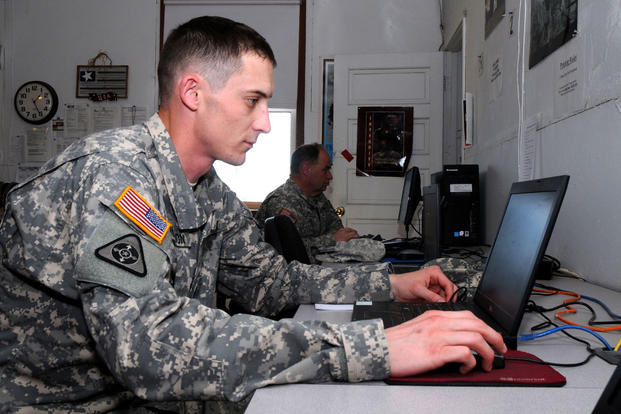Over the course of their career, most civilian professionals are trained to communicate according to certain industry and company "norms." While there are style variances and tone differences, professionalism when communicating via email should always follow certain guidelines to be received as polished, focused and compelling.
Veterans and Civilians Often Communicate Differently
For a veteran corresponding with a civilian recruiter, hiring manager or networking contact, it's important to understand some of the differences in how civilians and service members typically communicate via email:
Civilians typically:
- Concern themselves with the tone. How civilians communicate a message matters. The email recipient may wonder, "Is the sender angry or being abrupt or bossy?" Or, "Does the sender appear to want input and collaboration?"
- Focus on message, not brevity. While getting the point across matters, the context surrounding the message also counts. Civilians tend to add many instances of "please" and "thank you" to messages, making them less pointed and direct, and more welcoming and collaborative.
- Write the way they speak. Veterans may note that a civilian's email tends to sound like the person speaks. This is very typical; many civilian professionals use email to confirm information or to deliver instructions for their team. For the information to be well-received, the mail sender often will write as if the person is present and deliver the message verbally.
- Look for information, insight and instructions. As much as tone and impression matter in email communications, professionals also know there must be substance as well. An email that is too "fluffy" or ambiguous won't carry impact or compel action.
Veterans often:
- Focus on being direct and succinct. By contrast, a service member or veteran is typically used to writing in short, succinct and direct statements, communicating the who/what/when/where of a message, rather than all the context that surrounds the message. To a civilian reading this kind of email, the tone might sound abrupt or inconsiderate of the reader's feelings.
- Speak the truth, the whole truth and nothing but the truth. While every email author should be authentic and genuine in what they write, there is a tendency for veterans to cut to the quick. A hiring manager could be taken aback by the candor of a veteran's email, making it hard to consider a working relationship with someone who is so honest and forthright.
- Use military acronyms. Jargon, acronyms and abbreviations in the military are plentiful. Across the branches of service, the terms used to describe military jobs, duties, systems, protocol and rank can be very confusing to a non-military reader.
Tips for Effective Email Communication
Remember who your audience is -- the civilian employer. Emails should speak to the person, industry and company you are communicating with, in a tone and language they are accustomed to. As you learn more about their culture and norms, adjust your message and tone to be relatable and attractive. You want your email to reflect your fit for the company environment.
Be sure your emails are:
- Respectful (show respect for the process and the recipient by using a professional tone).
- Friendly (healthy communication and interpersonal relationships matter to hiring managers).
- Specific (while establishing a relationship with the email reader, don't spend too many words getting to your point).
- Collaborative (avoid the "command and control" style messaging. Your goal is to start a conversation, not to instruct them on why they need to hire you).
A Note About the Email Signature
An often-overlooked aspect of email communication is the email signature. Be mindful of the email address you use to set the right impression. Avoid email addresses that boast your military posturing, such as MarinesRule@Host.com or BigGuns4Hire@Host.com.
These email addresses are not professional and send the message that you are still in active duty or still live in the military mindset.
Instead, use your first name, middle initial (if you use it) and last name. If that email name is taken, consider adding a simple number or punctuation. For example: JosephPJones@Host.com or Joe.Jones@Host.com or JosephJones223@Host.com make it clear who the sender is and doesn't distract the recipient.
Email communication is a critical part of the job search. Pay attention to spelling, grammar, email signature and message, as well as tone and personality of the communication. Remember that your email should be appropriate to the industry and company culture, but it should also sound like you.
Want to Know More About the Military?
Be sure to get the latest news about the U.S. military, as well as critical info about how to join and all the benefits of service. Subscribe to Military.com and receive customized updates delivered straight to your inbox.












